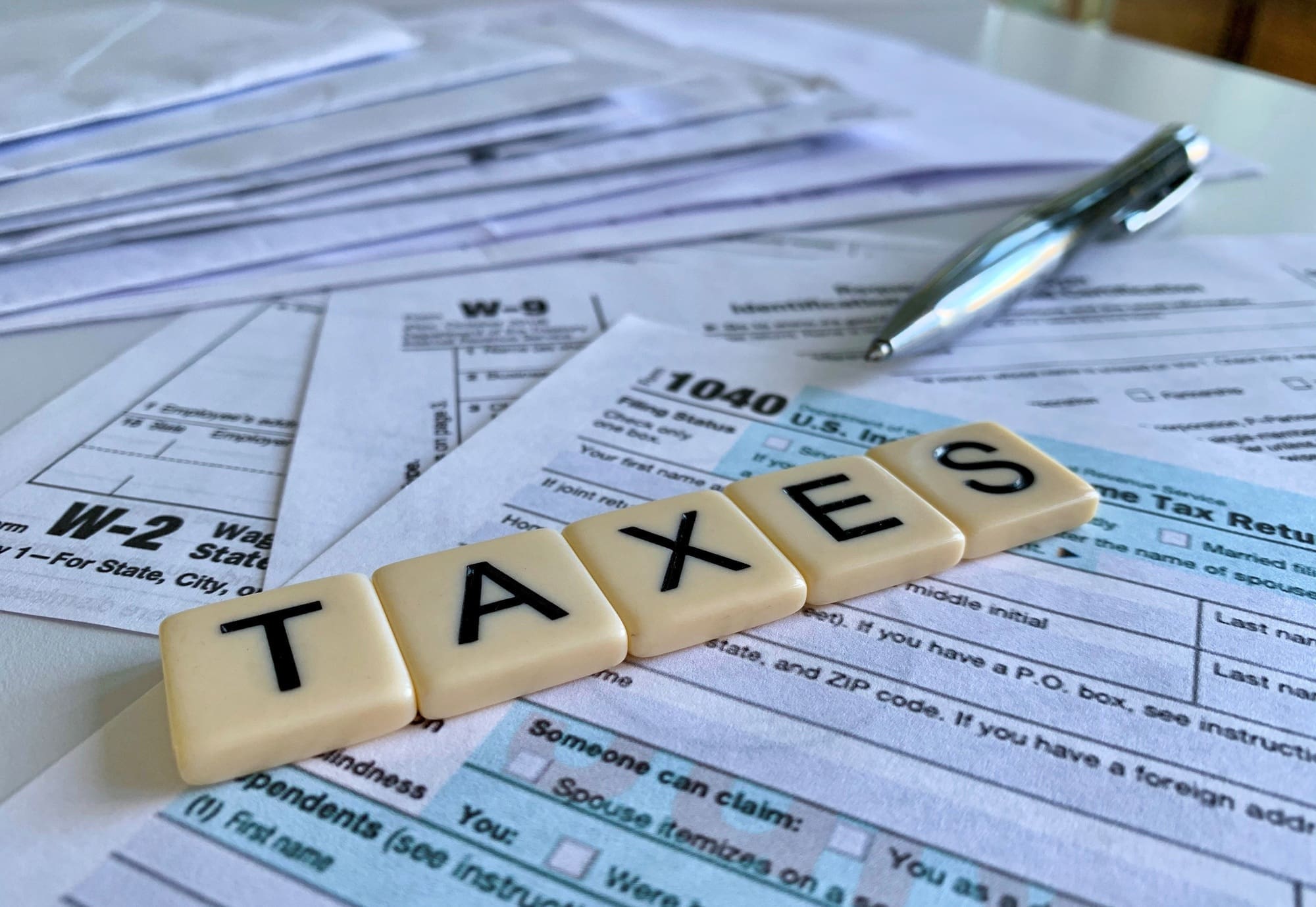By the time we emerge from the Covid 19 crisis the UK will be vastly more indebted.
Households, companies and the state will be carrying much more debt and be much more risk averse. The Bank of America believes the global economy will suffer as large a recession as in 1982 and the 2008 financial crisis with zero growth. The Institute of Fiscal Studies has suggested that we could be looking at a deficit of £175bn for the coming financial year, 2020-21, bigger than the financial crisis peak of £158bn, though a smaller percentage of GDP. The current reduction in economic activity will increase government borrowing as revenues are depressed and spending is pushed up
Government largesse in both the 2020 budget (see my blog of 12 March) and with respect to the UK’s virus strategy comes with long term economic costs. The government will raise funds through gilt auctions at currently favourable rates. Those rates are vulnerable to medium-long term fluctuation. Borrowing is a form of deferred taxation and, at the end of the day, it is the taxpayer and future generations who must foot the bill for an economy which will arguably be going nowhere for several months. In the end that must be reflected in increased taxes.
That tax must be sourced from somewhere and inheritance tax (or its successor) and private wealth must be a top contender for reform.
My blog posts on 6 March (the trust register consultation) and 24 February (HMRC’s Family Investment Company Unit) identify the pincer movement which will decisively affect much private client planning within the next year or two. That was the case even before the current crisis had taken hold. It is likely that we are now in the ‘high noon’ of what future generations will regard as a golden age of estate and inheritance tax planning. The new regime, when it evolves, will probably be less favourable and more punitive than is currently the case.
Those who have exposure to inheritance tax and have procrastinated over the last decade or two should now ask themselves, ‘If not now then when?’
Four top tips?
- Re-read my budget blog on anticipated changes to the inheritance tax regime and consider if you are likely to be impacted.
- Re-read those parts of my book, ‘The Absolute Essence of Inheritance Tax Planning’, which dissect the reasons why most people fail to take any meaningful action to deal with their exposure to this tax – it remains an Amazon best seller as at 4 April 2020 after over three years. Guess why?
Get it here in paperback or kindle editions;
- The COVID-19 crisis has already impacted asset values, particularly share prices and property. If you have been affected then the coming months may be a good time to consider tax-efficient estate planning to provide financial support to extended family members. In particular, it could be the ideal time to make gifts to your children, grandchildren, trusts, unmarried partner or other intended heirs.
- Read my Blog post of 24 March and consider whether your will is both up to date and tax effective. Many are not.
A historical footnote – The oldest bonds still outstanding as a result of war and crisis until July 2015 were the British Consols, some of which were the result of the refinancing of debts incurred during the Napoleonic Wars, but these were redeemed following the passing of Finance Act 2015. These debts therefore endured, at least in part, for two hundred years after the battle of Waterloo. We may well be looking at comparable circumstances with respect to borrowing requirements and the current crisis. A legacy for future generations!


